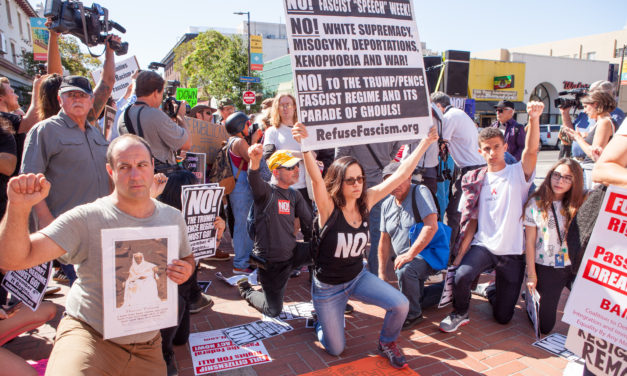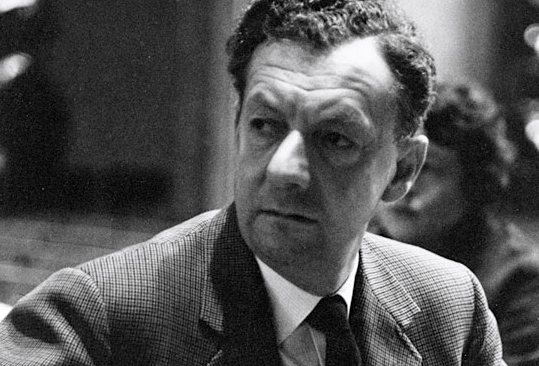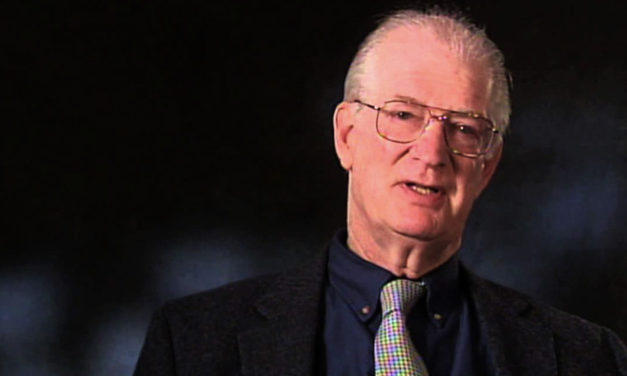Trumped Up Violence
When conservative political commentator Ben Shapiro gave a lecture at UC Berkeley in September, student protesters chanted “Speech is violent, we will not be silent.” Their speech echoed a common refrain in contemporary Leftist responses to racism, sexism, homophobia, and transphobia in the age of Trump: language is understood not only to express violence, but also to perform it. To understand language as violent is to expand our conventional conception of violence beyond the physical forms it assumes. The contemporary discourse on microaggressions similarly broadens the scope of what constitutes harm. For many it is a microaggression to ask...
Read More



